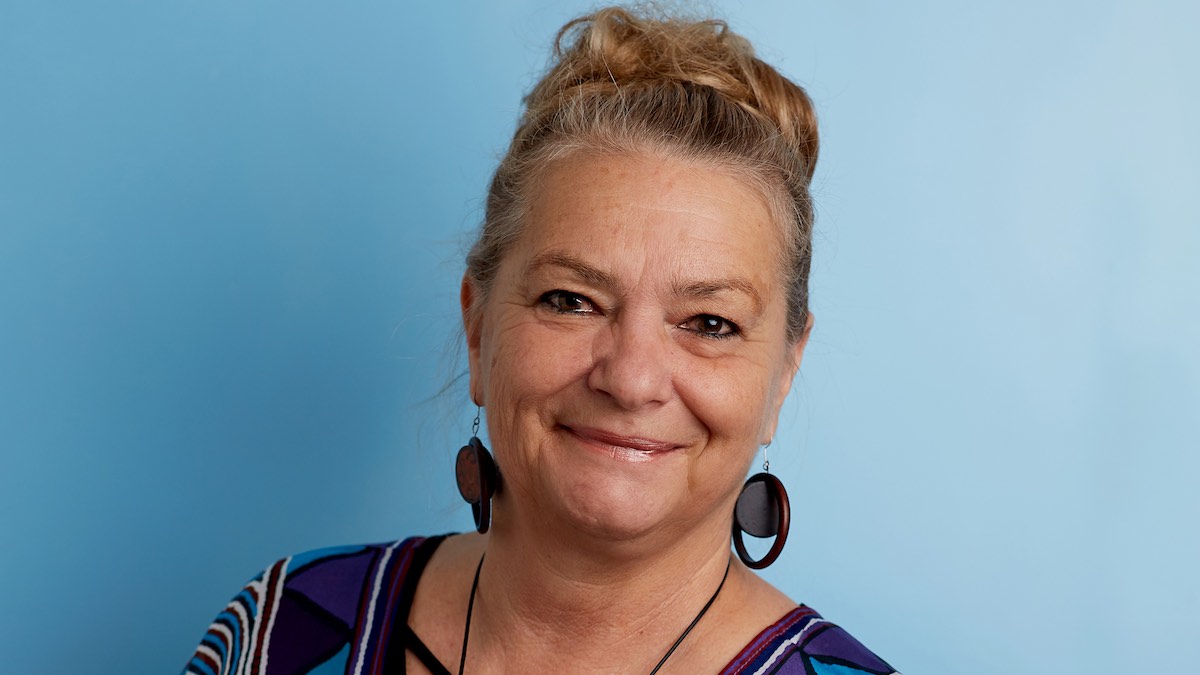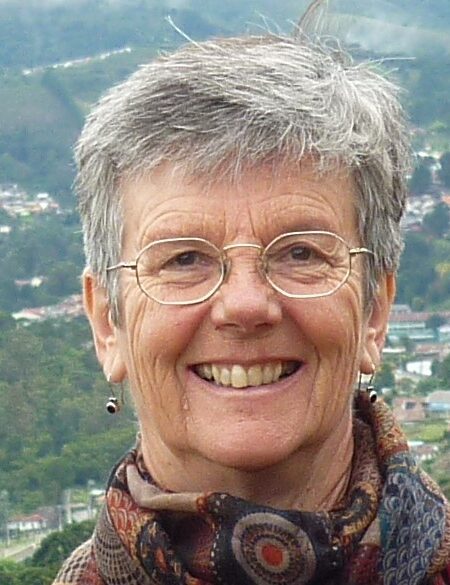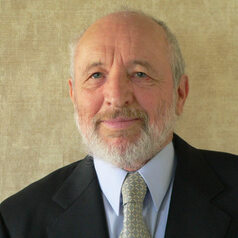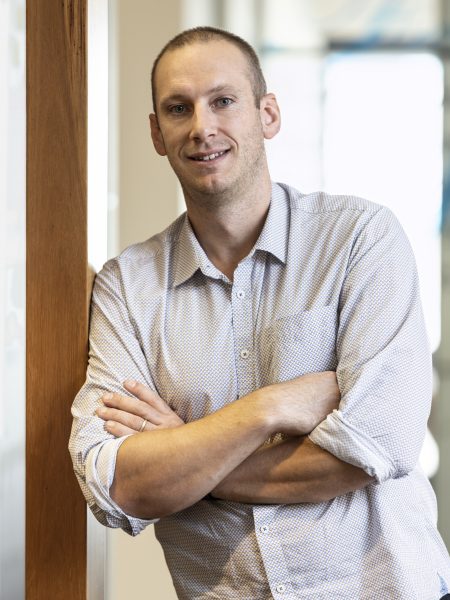Many young Aboriginal people today are wearing scars on their chests. Unlike the traditional tribal scars that were inflicted with humility and courage, these modern-day scars represent a very different story. These scars are a story of decades of systemic failings and the discrimination of the oldest living culture on the planet – the First Nations people of Australia.
A proud people who take their cultural obligations seriously, Aboriginal people bear these scars with regret and remorse, unlike their forefathers whose initiation scars were worn with pride (like the ‘bolitj’ or the adornment scar).
Under the care of the cardiac surgeons whose scalpels have replaced the traditional stone knives, chests are cut to reveal heart valves crippled by rheumatic heart disease (RHD) caused by repeated attacks of acute rheumatic fever (ARF).
RHD is a devastating disease that has been eliminated in all other developed countries – but lingers in Australia with devastating effects for my people. The disease is a thief in the night, an insidious condition that robs our children of their
childhood, as they are forced to have painful monthly injections, missing out on many school days and play.
There is no vaccine, RHD is not recognised as a childhood disease like measles or mumps, it must be stopped now. We need to put this disease in the history books for our children and grandchildren.
The killer
RHD is both a condition of the heart valves and of social injustice. RHD is caused by repeated episodes of group A streptococcal (Strep A) infection of the pharynx or skin. In some people, Strep A infection precipitates an abnormal autoimmune reaction, acute rheumatic fever.
ARF presents with fevers, joint pain, carditis, skin changes and neurologic involvement. Recurrent episodes of ARF cause permanent damage to the heart valves, culminating in heart failure and an increased risk of arrhythmia, stroke,
endocarditis and maternal morbidity during pregnancy.
However, the broader causes of RHD are rooted in the social determinants of health- poverty, overcrowding and limited access to health services.
Aboriginal communities in the Northern Territory now have the highest rates of ARF in the world. In Australia, ARF and RHD are overwhelmingly a disease suffered by Aboriginal and Torres Strait Islander peoples.
Young Aboriginal people in the Northern Territory are 122 times more likely to have RHD than other young people, and in the Kimberly our mob are dying midway through life at age 41 (nearly 4 decades lower life expectancy than the Australian average).
Rheumatic Heart Disease of Australia
Over the years, the Federal Government has demonstrated a commitment to the elimination of RHD in Australia with investment in programs such as the Rheumatic Fever Strategy. In 2009, as part of the Rheumatic Fever Strategy, Rheumatic Heart Disease of Australia (RHDA) was established with the mandate to reduce death and disability from ARF and RHD in Aboriginal and Torres Strait Islander communities.
Since its inception, RHDA has:
- Assisted in the development of State and Territory registers
- Been the lead agency in the development and dissemination of evidence based guidelines
- Provided education to health providers
- Provided education to State and Territory-based RHD Control Programs.
RHDA’s new mission is to work alongside Aboriginal and Torres Strait Islander peoples, and other at-risk populations, to reduce acute rheumatic fever and rheumatic heart disease across Australia.
RHDA does this by developing resources to support health systems and health staff in their work, and by advocating and providing culturally appropriate educational resources for people with ARF or RHD and their families.
RHDA has established a Champions4Change program, bringing together a group of people from across Australia with lived experience, carers and those working with people and communities suffering from ARF and RHD. Champions are encouraged to use their cultural knowledge and shared understanding of health beliefs to create change, inspire others by sharing their stories and experience.
This is not new for Aboriginal people who have nurtured and protected their communities for thousands of years. Mothers and grandmothers, as they always have, take a shared responsibility to look after all children in the community.
Our Elders have always helped children grow into adults often in sacred ceremony, guiding children to navigate the complexities of traditional social structures.
In traditional Nyoongar life the women connected, educated and supported families through teaching spiritual and social connections. They done this with no formal education or training……they done this because it was their way of life. These roles have been passed down for generations.
Lily Hayward, Nyoongar Elder
Embedding culture into everything we do at RHDA is now commonplace. We are continually changing the lens with which we see and do things. We are committed to finding innovative and creative ways that embraces Aboriginal and Torres Strait Islander peoples’ ways of thinking and doing. We believe that change needs to happen both ways from community and within, there needs to be Aboriginal leadership and true partnerships with local communities. We need to empower our young while drawing on our Elders’ wisdom and resilience.
What you can do
RHD is preventable and relatively unknown throughout Australia we need your support to put this disease in the history books. RHDA is part of a coalition to end this disease. Please take action now and sign the pledge and join the movement to end RHD.
For more information on ARF and RHD visit the RHDA website.



